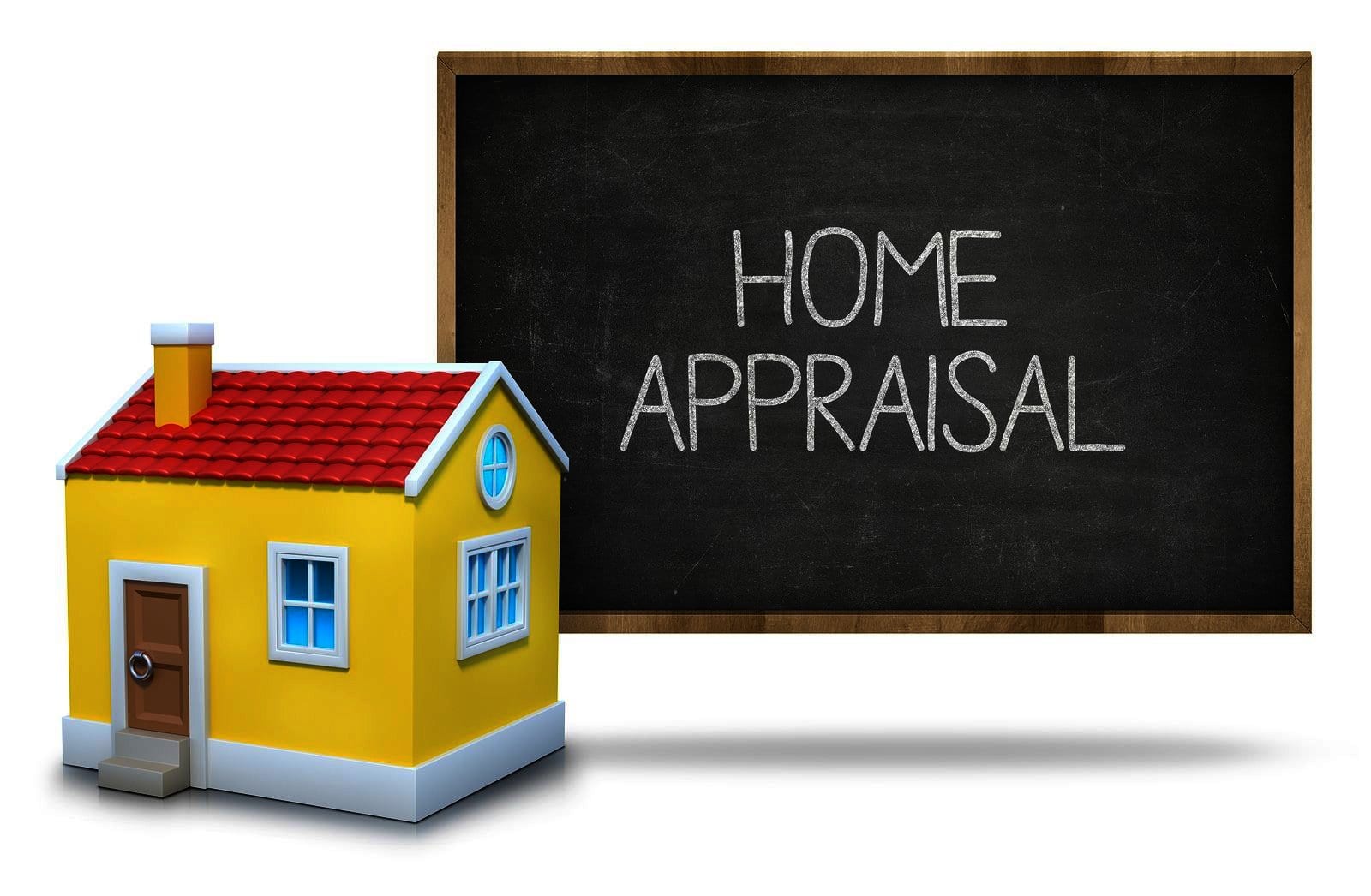The Marquee Loop: The Role of Appraisals
The Role of Appraisals in the Mortgage Approval Process
For anyone seeking a mortgage to purchase a home, the term “appraisal” is an integral part of the process. An appraisal is a critical step that ensures the property’s value aligns with the loan amount being requested. As you navigate the mortgage industry, understanding the role of appraisals is essential in providing clients with accurate information and guiding them toward successful mortgage approval.
What is an Appraisal?
An appraisal is a professional assessment of a property’s value, conducted by a certified appraiser. The appraiser evaluates various factors, including the property’s condition, location, size, comparable sales in the area, and market trends. The primary goal of an appraisal is to determine a fair and unbiased estimate of the property’s value.
The Significance of Appraisals
-
Lender Protection: Appraisals protect lenders from approving loans that exceed the property’s actual value. This minimizes the risk of lending more money than the property is worth.
Borrower Safeguard: Appraisals provide borrowers with confidence that they are not overpaying for a property. A lower-than-expected appraisal can prompt renegotiation of the purchase price.
Market Transparency: Appraisals contribute to the transparency of the real estate market by providing an objective assessment of property values. This information benefits both buyers and sellers.
Appraisal Process in the Mortgage Approval
-
Loan Application: Once a borrower applies for a mortgage, the lender orders an appraisal to ensure the property’s value justifies the loan amount.
Appraiser Assignment: A certified appraiser, often chosen from a pool of qualified professionals, is assigned to evaluate the property.
Property Inspection: The appraiser visits the property to assess its condition, size, layout, and any unique features that might affect its value.
Comparative Analysis: The appraiser researches recent sales of comparable properties in the area to determine a fair market value for the subject property.
Appraisal Report: The appraiser compiles the findings into a detailed report that includes the property’s value, an explanation of how the value was determined, and relevant market data.
Lender Review: The lender reviews the appraisal report to ensure it aligns with the loan request and underwriting guidelines.
Impact on Mortgage Approval: If the appraisal value matches or exceeds the purchase price, the mortgage process moves forward. If it’s lower, negotiations might be necessary, or the borrower may need to adjust their down payment.
Navigating Potential Appraisal Challenges
-
Low Appraisal: If the appraisal comes in lower than expected, buyers and sellers can renegotiate the price, and the buyer might need to cover the difference or walk away from the deal.
Property Condition: Appraisals also consider the property’s condition. Structural issues or safety concerns might result in a lower appraisal value.
In the mortgage approval process, appraisals play a vital role in ensuring that lenders, borrowers, and the housing market operate with transparency and accuracy. As a professional in the mortgage industry, understanding the intricacies of appraisals empowers you to guide your clients through this critical step, ultimately helping them secure a mortgage that aligns with the true value of their chosen property. By providing insights into the appraisal process, you contribute to a more informed and confident home-buying experience.


